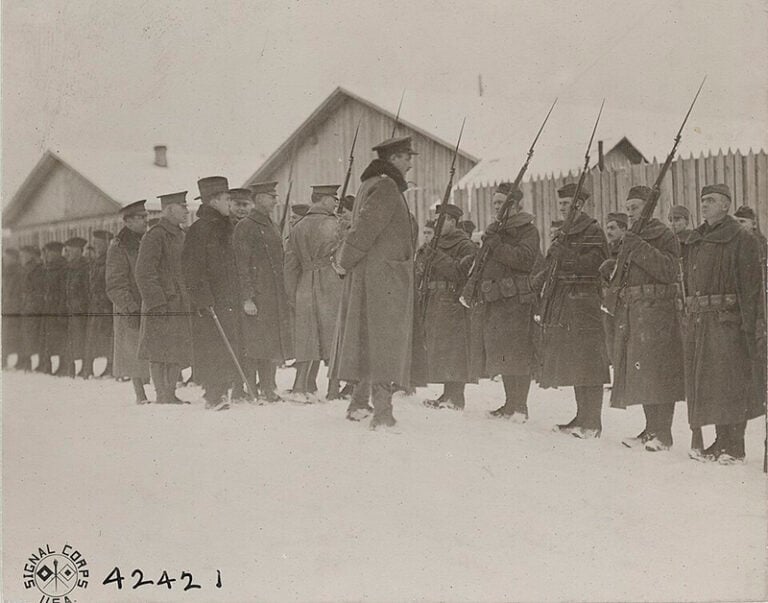The Department for Public Health (DPH), within the Cabinet for Health and Family Services (CHFS), now reports “widespread” flu activity in Kentucky for the first time this flu season. Widespread is the highest level of flu activity, which indicates increased flu cases or flu outbreaks in at least half of the Commonwealth’s regions.
“We strongly encourage anyone who hasn’t received a flu vaccine, particularly children six months and older and those people at high risk for complications related to the flu, to get a flu shot,” said Jeff Howard, M.D., commissioner of DPH. “Also remember to cover your cough and avoid touching your eyes, nose and mouth because germs are spread this way. Be sure to frequently wash your hands with soap and water and stay home if you are sick with flu-like illness.”

The Kentucky Medical Association, the Foundation for a Healthy Kentucky and the Kentucky Foundation for Medical Care, which jointly launched the Focus on Flu campaign in September to help prevent another epidemic-level flu season like the one last year, urged caution.
While the number of flu cases in Kentucky are so far comparable to last year’s numbers at this time, the groups said, Metro Louisville appears to be experiencing a significant increase in flu activity. The gathering of family and friends over the holidays is likely a contributing factor to the increase in flu cases, as the virus is easily spread from person to person and can be passed before an infected person even exhibits symptoms. Across the state, four adult deaths and one pediatric death have now been linked to the flu in Kentucky this flu season.

The loss of life is a reminder of how serious influenza can be.
Just 38 percent of Kentucky adults and 43.5 percent of the state’s children got their flu shots in 2016-2017. A recent Kentucky Health Issues Poll indicated that 54 percent of those surveyed reported getting a flu vaccine within the last 12 months.That still leaves almost half the population vulnerable to this potentially deadly virus.
The group advised it’s not too late to get a flu shot, which can protect you but also help prevent further spread to others. Infants are in the greatest danger. But even otherwise healthy people are at risk of serious illness, hospitalization and death from the flu.
DPH reports weekly influenza activity to the Centers for Disease Control and Prevention (CDC). The weekly report is located online and is updated each Friday by noon.
Kentucky currently is reporting 1,457 laboratory-confirmed cases of flu. The report consists of laboratory-confirmed cases of influenza that are defined by molecular virus testing and positive virus culture test results. Rapid positive influenza tests are not included in this report but are used as an indicator of flu-like illness circulating across the state.

The number of flu cases to date this season (1,457) is comparable to the number of cases at the same time last season (1,411). Overall, approximately 882 cases have been confirmed in Louisville Metro this flu season, which is up from just 179 cases confirmed at the same time in the previous flu season.
Four adult deaths and one pediatric death have now been linked to the flu in Kentucky this flu season.
At this time in the last flu season Kentucky had 12 flu-related deaths, all adults. During the entire flu season there were 333 flu-related deaths in Kentucky last year, five of which were pediatric.
The CDC Advisory Committee on Immunization Practices recommends flu vaccine for all individuals six months of age and older. People who are strongly encouraged to receive the flu vaccine because they may be at higher risk for complications or negative consequences include:
• Children age six months through 59 months;
• Women who are or will be pregnant during the influenza season;
• Persons 50 years of age or older;
• Persons with extreme obesity (Body Mass Index of 40 or greater);
• Persons aged six months and older with chronic health problems;
• Residents of nursing homes and other long-term care facilities;
• Household contacts (including children) and caregivers of children aged 5 years or less, particularly contacts of children aged six months and adults aged over 50 years;
• Household contacts and caregivers or people who live with a person at high-risk for complications from the flu; and
• Health care workers, including physicians, nurses, and other workers in inpatient and outpatient-care settings, medical emergency-response workers (e.g., paramedics and emergency medical technicians), employees of nursing home and long-term care facilities who have contact with patients or residents, and students in these professions who will have contact with patients.
Adequate supplies of flu vaccine are available for this year’s season. Vaccinations can be given any time during the flu season but providers are encouraged to administer the vaccine as soon as possible.
ACIP recommends FluMist as an option for vaccination during the 2018-2019 influenza season for persons for whom it is age-appropriate and who have no medical contraindications. The Kentucky Vaccines for Children Program (VFC) will not be offering FluMist for VFC or KCHIP patients during the 2018-2019 influenza season. However, some private providers will offer FluMist this season for their patients.
The flu vaccine is especially important in light of the severe season experienced last year across the U.S. The CDC reports that more than 900,000 flu-related hospitalizations occurred and more than 80,000 people died as a result of flu. Of the pediatric flu deaths reported in last year’s season, more than one-third of these occurred among healthy children between the ages of 6 months and 4 years.

It is especially important for pregnant women to be vaccinated before or during pregnancy. Antibodies cross the placenta and provide immunity to infants up to 6 months of age, when the infant is eligible to receive their dose of flu vaccine.
DPH relies on sites such as doctors’ offices, hospitals and health departments to help track the level of influenza activity in the state and to identify which strains of the flu are circulating in Kentucky.
These voluntary sites collect data and report influenza-like illness (ILI) cases according to age groups each week. This sampling represents only a small percentage of influenza cases for the state, but contributes to the ongoing assessment of flu activity in the Commonwealth and helps determine the weekly level of flu activity.
Infection with the flu virus can cause fever, headache, cough, sore throat, runny nose, sneezing and body aches. Flu can be very contagious. For more information on influenza or the availability of flu vaccine, Kentuckians should contact their primary care medical provider or local health department. Influenza information is also available online.

















